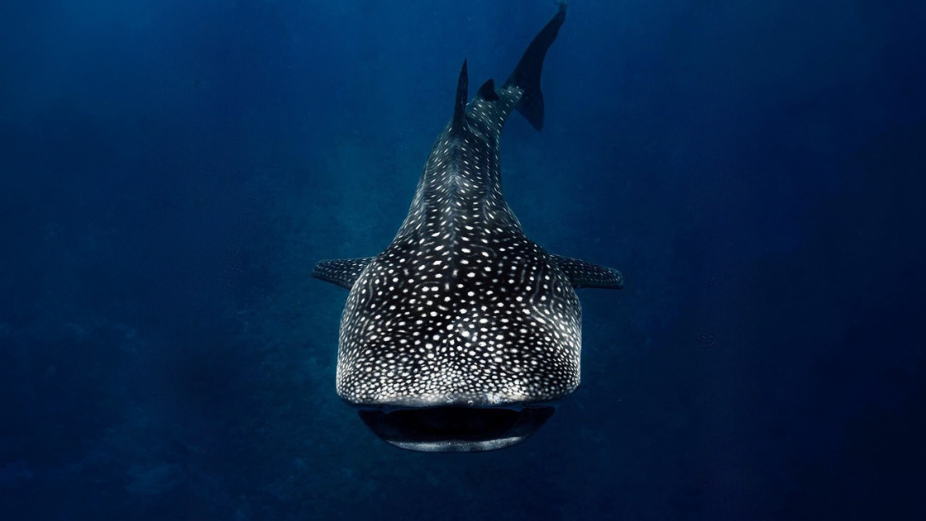
The Government of Maldives has introduced a new regulation, No. 2024/R-96, aimed at enhancing the conservation of whale sharks, reinforcing its commitment to marine life protection. This latest amendment to the Protected Species Regulation (2021/R-25) focuses on improving the guidelines for interactions with whale sharks, a species that has long attracted tourists to Maldivian waters.
The new regulation updates the existing Code of Conduct for the Protection and Conservation of Whale Sharks, originally established in 2009, with stricter guidelines to safeguard both tourists and the gentle giants of the sea. A key aspect of the regulation is maintaining a safe distance from the whale sharks, with a minimum of three metres from their bodies and four metres from their tails. It strictly prohibits touching the sharks or holding onto them while swimming. Visitors are also required to approach the animals calmly and quietly, ensuring they do not obstruct the whale sharks’ natural movements.
Additional provisions include a ban on feeding whale sharks, the use of flash photography, and the use of selfie sticks or bright lights. Special protocols for aerial photography stipulate that drones must be flown at least 30 metres above sea level and within the operator’s line of sight.
The regulation also establishes a 250-metre contact zone around the whale sharks, limiting the number of vessels to three at a time and imposing a speed limit of five knots per hour, dropping to two knots within 50 metres of the animals. In case of an injured or entangled whale shark, the regulation outlines specific emergency protocols, including the need to notify the Environment Protection Agency to ensure the animal’s safe release.
With these measures, the Maldives aims to provide a safe and enjoyable experience for tourists while preserving the vital ecosystem that supports whale sharks. This regulation is another example of the country’s leading role in marine conservation, ensuring that future generations can continue to admire these majestic creatures.












